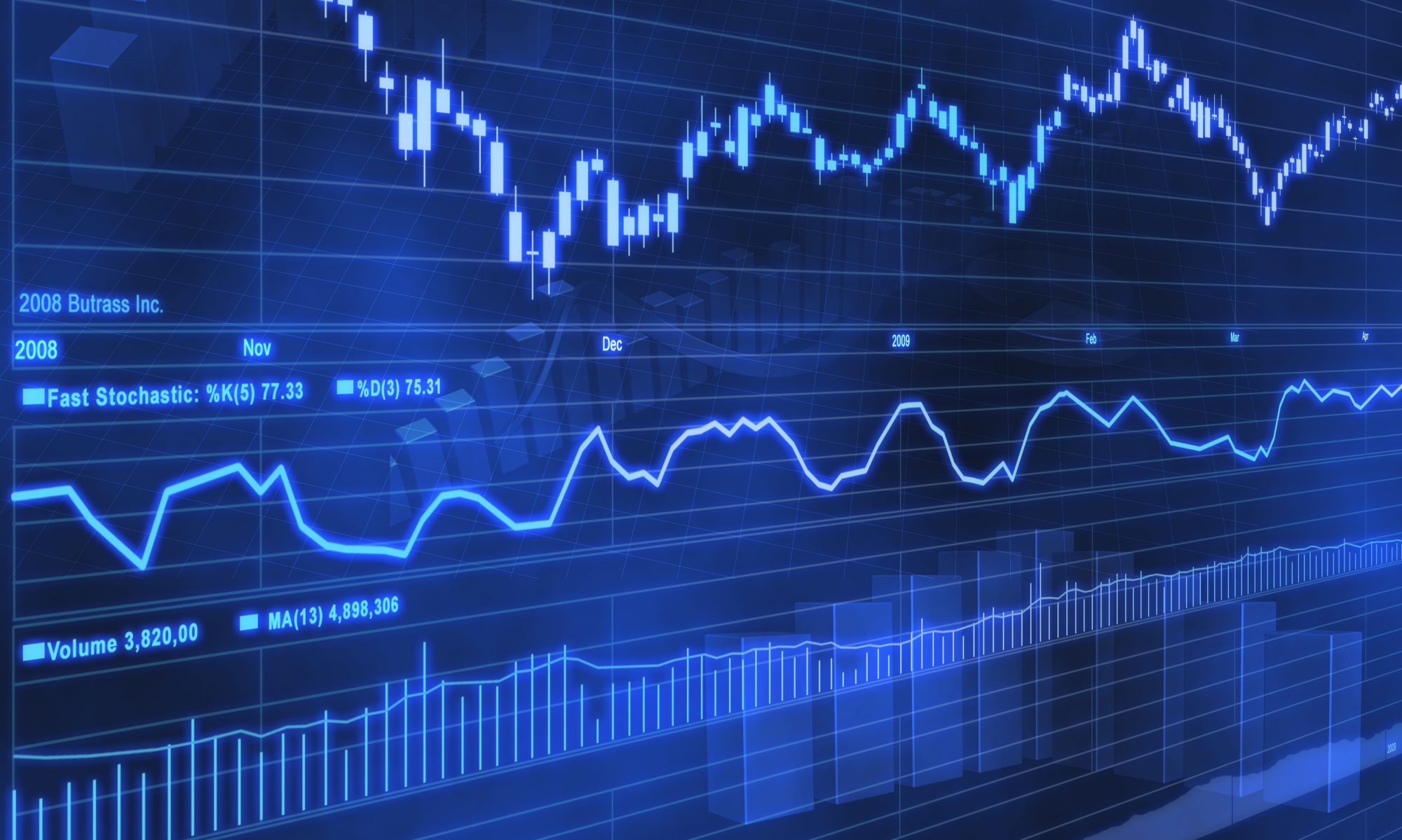If you take a step back and look at US stock markets from a distance, is there really any reason why many indexes are within touching distance of their all-time high? Is the US economy buoyant? Are interest rates going to remain low for the foreseeable future? The truth is that the economic background to the recent rise in US stock markets does not correspond to the pattern we have seen in years gone by. The economic story just does not support US stock markets moving to within touching distance of their all-time high.
Demand for ETFs
Exchange traded funds (ETFs) have become an integral part of the US stock market in recent times. Historically the vast majority of US investors tended to go for stock picking funds which were a little more expensive but offered the potential for above-average capital gains. In recent times there has been a move towards ETFs where the charges are significantly lower and they basically track any index that you choose. Such has been the rise in demand that ETFs acquired $98 billion worth of US stock in the first three months of 2017 and are set to buy upwards of $390 billion for the year as a whole.

To put this into context, if the $390 billion forecast is correct then this would eclipse the combined total for the last two years of $362 billion. Exchange traded funds now own nearly 6% of the US stock market which is their highest share ever.
Stock picking investments
While the percentage ownership of the US stock market relating to stock picking investment funds has fallen to a figure not seen since 2004 it is still 24%. However, at this moment in time stock picking investment fund exposure is going down as passive investment in exchange traded funds grows dramatically. It is difficult to say with any real confidence why there has been such a swing from the historically popular stock picking funds towards the passive exchange traded funds.
However, it is worth noting that in light of Donald Trump’s confirmation as president of the USA it was evident that many analysts, probably stock picking analyst, refused to join in the rally which has pushed markets to all-time highs. Eventually analysts were sucked into the rally having missed a significant rise over the last six months.
The future
At this moment in time it is difficult to see a reversal of the reduction in stock picking fund exposure against the growth in exchange traded funds. For some reason US investors seem happier taking a more passive stance, effectively index trackers, as opposed to stock specific exposure which has created significant wealth in years gone by. Goldman Sachs has pinpointed the growth in exchange traded funds as one reason why US stock markets are so strong but it also believes that demand will fade a little towards the end of 2017. However, it will still be growing and the upward trend looks likely to continue for the foreseeable future.
Who would have thought that passive investors would be so influential in the rise of US stock markets in 2017?

